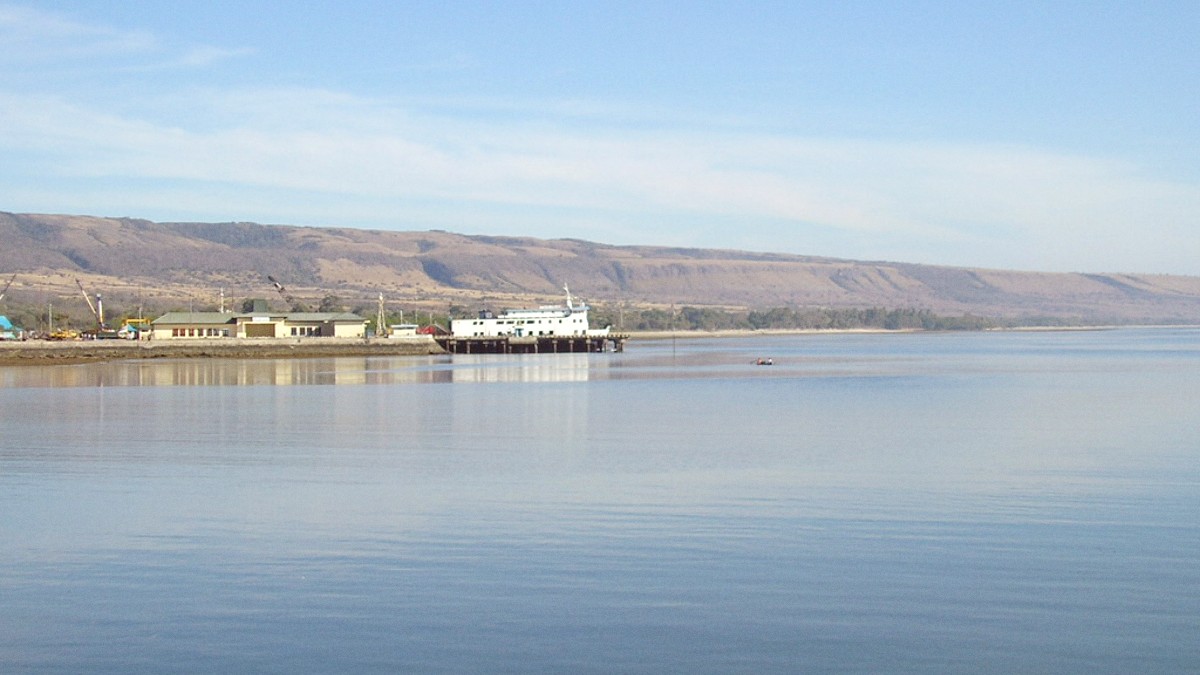
Nusa Tenggara, Indonesia
Telkomsel offers the most extensive network coverage across Sumba, even in rural areas. Its signal remains generally reliable.
Wi-Fi at hotels and guesthouses is available but speeds can be slow. Mobile data provides a better connection when exploring.
Bahasa Indonesia is the national language. Sumba also has distinct local languages. English is limited outside major resorts.
Post offices are in Waingapu and Waikabubak for sending mail. International parcel services are limited from Sumba.
A local SIM card from Telkomsel offers the best connectivity. Download an offline translation app to bridge language gaps with basic Indonesian phrases.
Shops generally open 8 AM - 6 PM. Warungs and local eateries often open early for breakfast and serve until late evening.
Banks operate Mon-Fri, 8 AM - 3 PM. ATMs are available 24/7 in Waingapu and Waikabubak, but their reliability varies; carry cash.
Sumba observes Indonesian national holidays. Banks, government offices, and some businesses close. Major Islamic and Christian holidays might also affect hours.
During the wet season (December-March), roads to remote attractions become difficult due to rain or mud.
The Pasola Festival is a significant local event, typically in February/March. It draws cultural enthusiasts.
Always carry backup cash due to variable ATM reliability. Check holiday schedules and consider seasonal road conditions, especially during the wet season.
Approach interactions with an open mind and a respectful demeanor to honor Sumba's rich cultural traditions.
A polite handshake is common when meeting people. Use your right hand. Accompany it with a polite greeting.
Modest, lightweight clothing suits most public settings. Cover shoulders and knees in traditional villages.
Always use your right hand when eating, passing food, or giving/receiving items. The left hand is considered impure.
Always ask for permission before taking photos of people, especially children, and within traditional villages or ceremonies.
Always ask permission before photos. Dress modestly, specifically in villages. Use your right hand for all exchanges. Respect local customs for a positive experience.
Sumba presents challenges for travelers with mobility needs due to its undeveloped infrastructure.
Sumba’s infrastructure generally has no design for accessibility. Expect uneven terrain, few ramps, narrow doorways, and basic facilities.
Hiring a private car with a driver is the most feasible transportation option for mobility-challenged travelers. This offers flexibility.
No specialized services are readily available for travelers with visual or hearing impairments in Sumba.
While Sumba's airports are small, planning for airport services at larger hubs can ease your journey.
Thorough pre-planning and direct communication with accommodations and drivers are essential. Realistic expectations are for travelers with mobility challenges visiting Sumba.